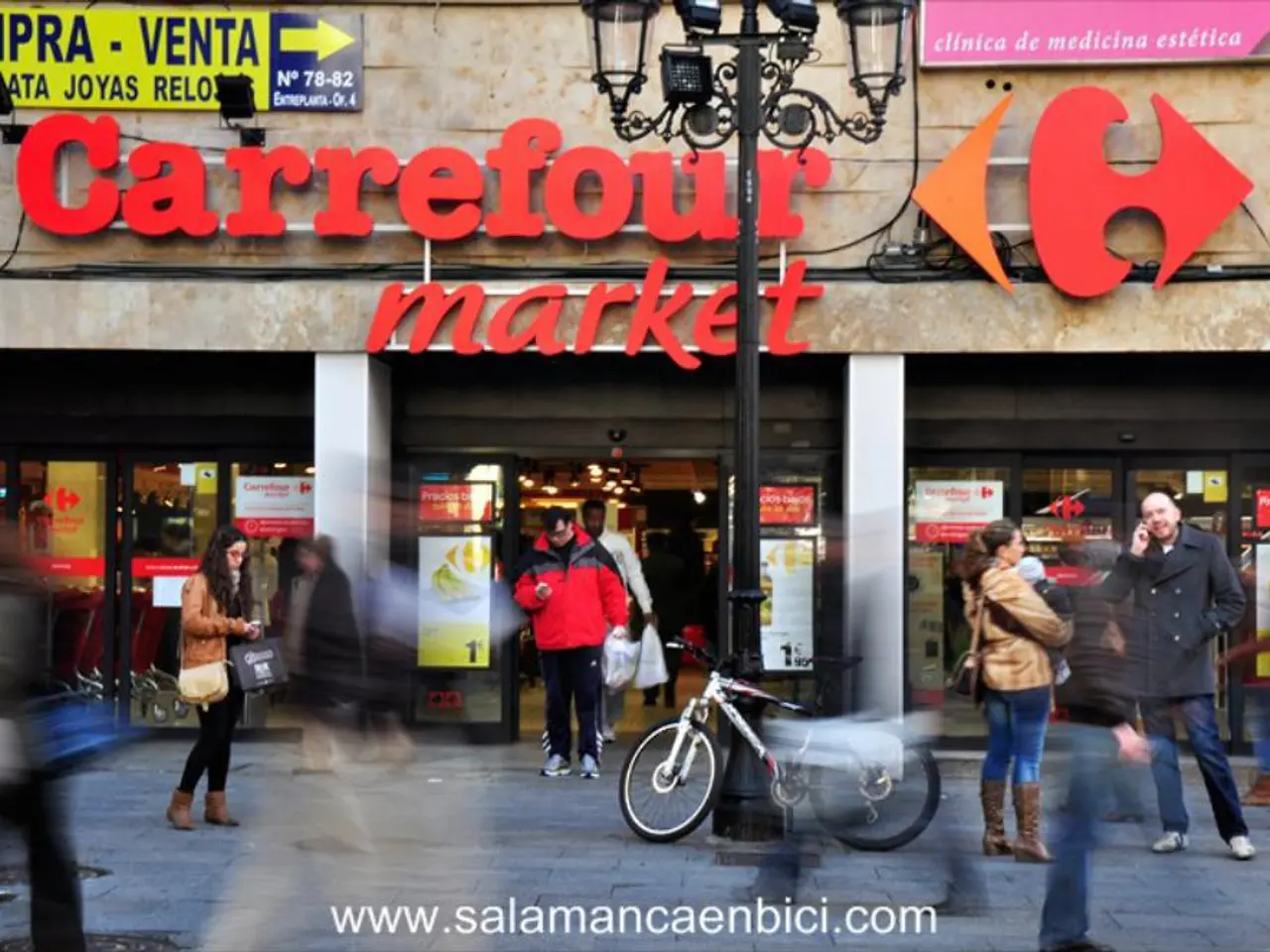Development of Shopping Malls: Consumer Preferences Unveiled
In a bid to understand the evolving preferences of consumers, Cushman & Wakefield and WD Partners have joined forces. This collaboration aims to help developers, owners, and investors navigate the changing landscape of shopping malls.
According to a recent survey, safety and convenience factors such as buy online pick up in store and curbside pickup are paramount for 44% of consumers. Speed, convenience, touchless technology, and safety also play significant roles. The survey reveals that consumers are practicing strategic shopping, planning better, focusing on home activities like eating and entertainment, and reducing spending on non-essential items. This shift challenges retailers to maintain sales amidst a tightening market, leading to more discount battles.
Food is the most preferred amenity by over 60% of consumers. Interest in restaurants, grocery, farmer's markets, curated food courts, and quick service food is on the rise. Traditional malls are adapting to this trend, incorporating digitally native brands, food concepts, and entertainment like movie theaters and water parks.
Key trends from the survey include a preference for experiential retail, health and wellness offerings, and community gathering spaces. Health and Wellness comes in second place, with 43% focusing on wellness and 36% on fitness. This includes walk-in medical clinics, gyms, fitness equipment, and apparel.
New Concepts and Experiences were third, with 35% of consumers looking for new concepts, experiential retail, and co-working spaces, such as pop-up shops, ax throwing bars, and gaming arenas. The evolution of shopping malls continues, with an ongoing focus on incorporating brands that extend from high-end dining to fitness to experiential concepts that sell sophisticated technology like phones and laptops.
However, the pandemic has increased concerns among mall owners, investors, and developers about the future of retail. Sensormatic Solutions reported a 49% decline in physical store traffic during the four-day holiday weekend. The growth of e-commerce and decline of in-store traffic pose challenges for traditional malls.
Retail is an evolving ecosystem where consumers explore and experience brands, and malls are one of the most important hosts of that experience. Consumers want mall concepts that are valuable and desirable. Department stores are closing, and consumers are seeking new points of engagement and direct-to-consumer brands.
Barrie Scardina and Lee Peterson, leaders in retail, wrote an opinion piece about the retail industry. They emphasise the importance of malls adapting to the changing consumer landscape to remain relevant. The survey by WD Partners underscores this point, with "green space" identified as an important part of consumer engagement.
In conclusion, the future of shopping malls lies in their ability to adapt to the evolving needs and preferences of consumers. By offering a mix of food, experiential retail, health and wellness offerings, and community gathering spaces, malls can continue to be a vital part of the retail ecosystem.





